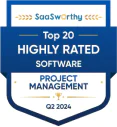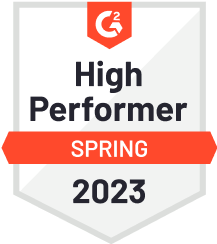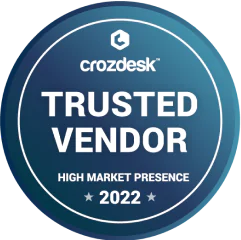Trusted by businesses and teams around the globe







No per user fee. No credit card required. Cancel anytime.
Trusted by businesses and teams around the globe







WeUno is a full-service digital product studio that designs and develops websites, web applications, and SaaS platforms for startups and enterprises. Their work bridges strategic insight with hands-on technical execution — delivering reliable, high-performance software for clients across industries.
Led by one of the 0.01% of women founders in the global tech agency space, WeUno operates with a rare combination of deep technical expertise and empathetic, disciplined leadership. Whether building tools for external clients or scaling internal initiatives, their mission is simple: help ideas turn into dependable software, fast.
As WeUno’s portfolio grew, so did the complexity of managing multiple clients and timelines. Projects would often veer off schedule, team members weren't always clear on what needed to be done or who was responsible, and updates to clients felt more reactive than confident. This wasn't just an internal issue. Clients started to notice the uncertainty. They felt out of the loop, which occasionally led to misalignment or frustration. For a company that prides itself on reliability and craftsmanship, this disconnect was a sign that something needed to change.
WeUno needed a single, centralized platform that could simplify task coordination, increase visibility, and scale with their growing project volume, without introducing more overhead.
ProofHub became their platform of choice because it offered:
Unpredictable project delivery with frequent last-minute rushes and missed milestones.
Projects now follow structured timelines with Gantt charts, ensuring fewer surprises and on-time delivery.
Team members were often unclear about responsibilities, leading to confusion and duplicated efforts.
Clear task assignments and ownership ensure everyone knows what to do and who’s accountable.
Updates to clients were inconsistent and based on assumptions rather than real data.
Managers now provide timely, accurate updates supported by real-time progress data.
Monitoring project status required checking scattered messages or spreadsheets.
Progress is visible in one place, eliminating the need for repeated status checks or back-and-forth.
Frequent sync-ups were necessary just to align on tasks and priorities.
Shared visibility into work reduces the need for constant alignment meetings.
Managers relied on gut feeling instead of insights to identify delays or blockers.
Dashboards and reports help spot risks early and make informed decisions ahead of time.
Recognized by leading industry leaders





